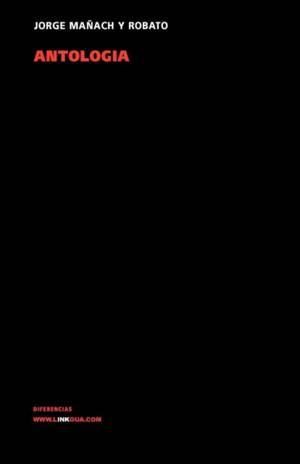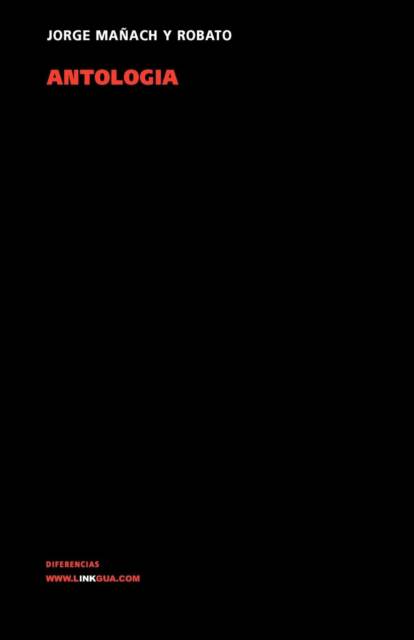
- Afhalen na 1 uur in een winkel met voorraad
- Gratis thuislevering in België vanaf € 30
- Ruim aanbod met 7 miljoen producten
- Afhalen na 1 uur in een winkel met voorraad
- Gratis thuislevering in België vanaf € 30
- Ruim aanbod met 7 miljoen producten
Zoeken
Omschrijving
In the 1920s, many of Cuba's intellectuals, like Jorge Mañach, were confronted with how to deal with a new postcolonial universe whose neocolonial leanings were undeniable. A palpable unease runs throughout An Inquiry into Choteo (first delivered as a lecture in 1928), as Mañach anxiously attempts to explain this idiosyncratic Cuban attitude or humor that he deems prevalent in the first few turbulent decades of the 20th century. Esteemed in the Spanish-speaking world, only two of Mañach's writings, Martí Apostle of Freedom, 1950 and Frontiers in the Americas: A Global Perspective (1970), have been published in English--a language which, as an adolescent in Massachusetts, Mañach inhabited, and from which he translated throughout his life. The fact that Mañach is a difficult figure to pin down, textually and ideologically across his life, is part of Jacqueline Loss's motivation to carry out this translation of An Inquiry into Choteo, one of the most authoritative essays in Spanish, comparable to other classic meditations on Latin American and national identity such as José Enrique Rodó's Ariel (1900, English 1988), Antonio S. Pedreira's Insularismo: An Insight into the Puerto Rican Character (1934, English 2007), and Octavio Paz's The Labyrinth of Solitude (1950, English 1962). While Mañach suggested that the pervasiveness of choteo, with its positive and pernicious dimensions, waned by the time of his revision in 1955, An Inquiry into Choteo is all the more relevant in the 21st century, especially within a comparative context, wherein banners of ideology and egalitarianism sometimes obscure the racial and class tensions that reside right below the surface. Analysis of geopolitical maneuverings alone are insufficient to elucidate the intricacies of relationships that emerge, in such texts as Mañach's An Inquiry into Choteo.
Specificaties
Betrokkenen
- Auteur(s):
- Uitgeverij:
Inhoud
- Aantal bladzijden:
- 88
- Taal:
- Spaans
- Reeks:
Eigenschappen
- Productcode (EAN):
- 9788498168723
- Verschijningsdatum:
- 1/09/2008
- Uitvoering:
- Paperback
- Formaat:
- Trade paperback (VS)
- Afmetingen:
- 140 mm x 216 mm
- Gewicht:
- 126 g

Alleen bij Standaard Boekhandel
+ 66 punten op je klantenkaart van Standaard Boekhandel
Beoordelingen
We publiceren alleen reviews die voldoen aan de voorwaarden voor reviews. Bekijk onze voorwaarden voor reviews.








